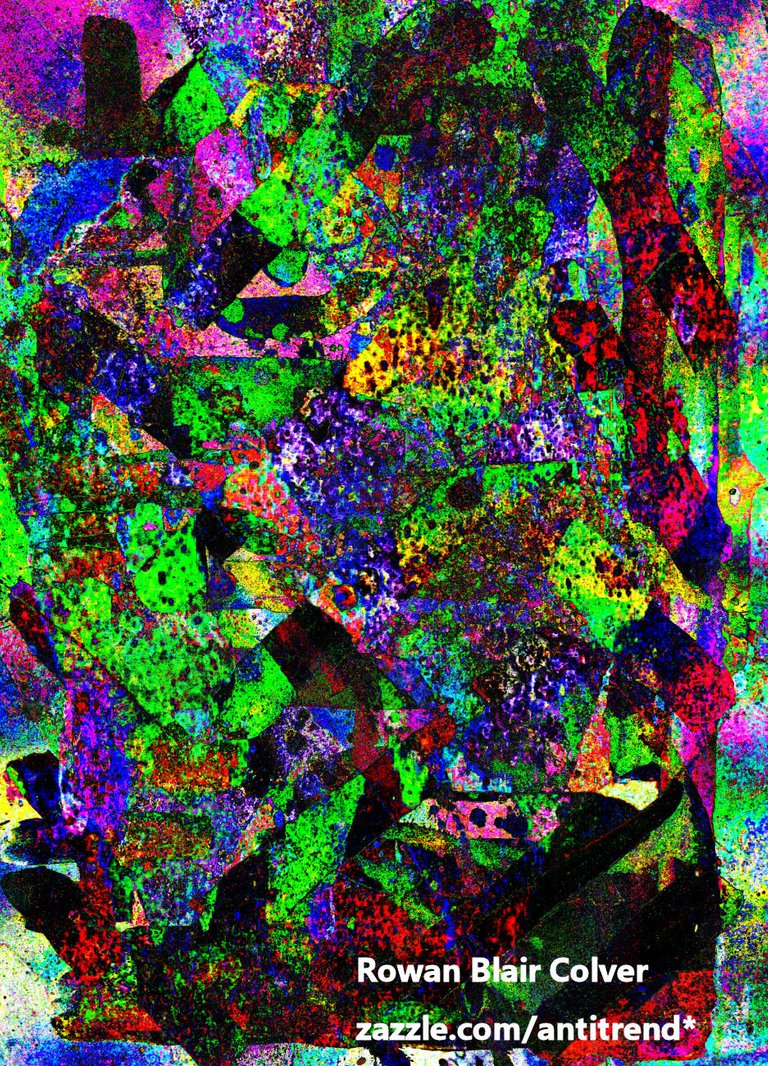
Something we have been shown recently is that our data is a valuable commodity. When we can exchange it in return for premium quality web services we know that it's worth something to somebody. It's not just monetary value either, as psychometrics can show, our likes and dislikes can be used to paint an emotional topography of our inner life. Once this is mapped, people who want to influence us know exactly which strings to pull. So in a world of democratic process, getting our vote is one of the most powerful things available with our data.
It is wrong to falsify campaign agendas in order to appeal to the right number of people however if we use research to actually discover what the citizens want so we can give it to them then it's not so bad. Research can be used for good and bad, we can't judge the data or the computer programs which harvest it. All we can do is ask ourselves if the product we get is worth our data. With great web services like social media then it's probably a worthwhile exchange but when it comes to artificial results on a fictional quiz, then it is a bit of a swindle.
So data has value, and with the right tools and ethical code, it can be used to make things better for everyone. To show this in another way, I'd like to introduce the 10K Trees Project by HPCC systems . They are a data analytics company who use the number crunching in all sorts of ways. Something they're offering in exchange for a quick survey is a tree. In conjunction with the National Forests Foundation, they're able to guarantee one tree planted per survey filled.
This goes to show how data can be turned into resource very easily, and if it can be done with trees then it can be done with many other things too. Perhaps our data needs to be likened to a coin, in which we choose to hand it over in return for what ever is on offer. If our data can be monetised more fluidly, perhaps it will help us to find ways to feed and clothe those who need it. What do you think?